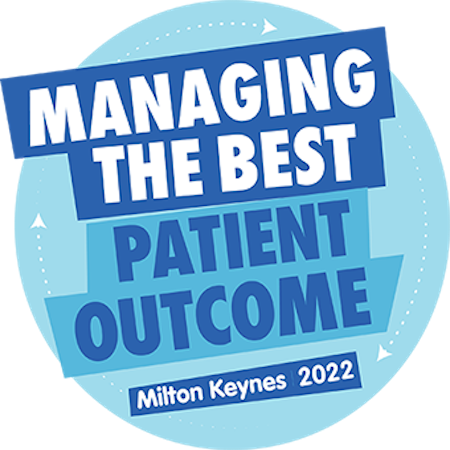The weekly winter operational update for the NHS in England for the week ending January 2, 2022 shows, not surprisingly, a substantial increase in staff off work for reasons relating to COVID-19. The statistics also reveal continuing delays to discharge mean thousands of patients who no longer need to be in hospital are occupying in-demand hospital beds.
The NHS England figures reveal that on average, each day, 42% of patients that no longer meet the criteria to reside in hospital are being discharged. This is slightly down from 45% in the week before Christmas (week ending December 19). The week of Christmas (week ending December 26), traditionally sees higher discharge figures.
Nine tenths (90%) of long stay patients (three weeks) who no longer meet the criteria to reside in hospital are not being discharged each day to places such as social care on average. On average each day last week, 4,495 patients who had been in hospital for three weeks no longer met the criteria to reside, with just 440 on average being discharged.
A contributing factor to these delays to discharge is that many care homes have had to stop taking new admissions due to rising levels of Covid. Chris Hopson, Chief Executive of NHS Providers, says: “This means that despite the best efforts of health and care staff, we can expect to see more delayed discharges from hospitals, making it more difficult to admit patients and a potential deterioration in patient outcomes.”
The figures also reveal that bed occupancy remains high, at an average of over 1,500 more patients in hospital per day in the week ending January 2. Almost 3,000 critical care and general acute beds have been closed due to Covid or norovirus. The number of patients arriving by ambulance has increased to 83,640 – up from 83,000 in the previous week.
At the same time as patient numbers are increasing, staff levels are plummeting. More than 80,000 staff were absent each day on average – up from 71,000 in the previous week. On average, 36,000 of those absences were related to Covid, up from 25,000 in the week before – an increase of more than one-fifth (22%).
Chris Hopson points out that this sits against a backdrop of 100,000 staff vacancies that pre-dated the pandemic, “making a tough job even tougher.”
He adds: “In London, Trust leaders will welcome the support from the armed forces to help address this staffing crisis. Across the country, Trusts who are currently planning for further growth in Omicron infection rates and hospital attendance will also be keeping a close eye on the need for additional support as staffing shortages bite.”











